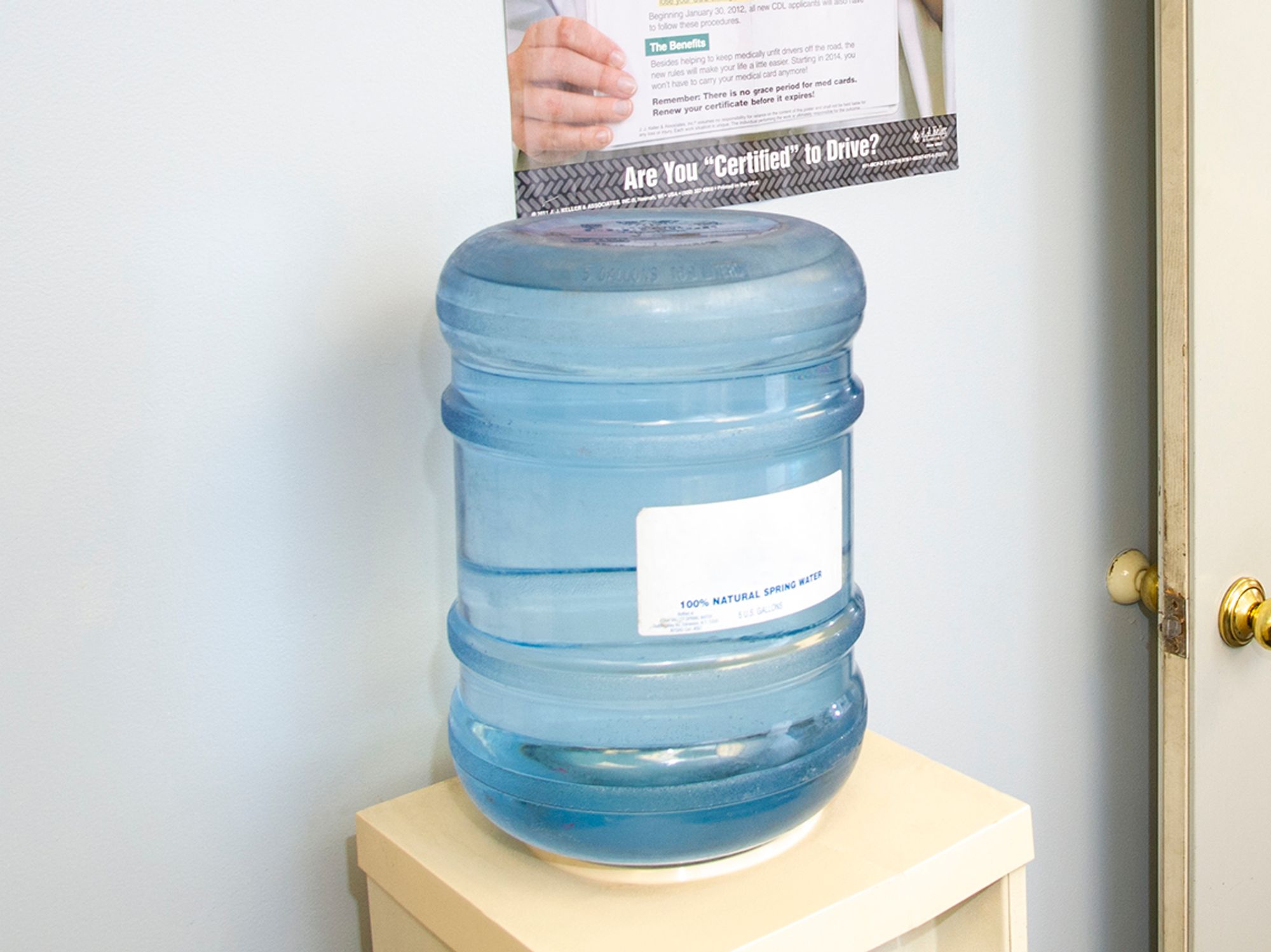Water supply, potable and non-potable

- Employers must provide potable drinking water in all workplaces.
- Outlets for non-potable water must be clearly marked as unsafe for washing and consumption.
The Occupational Safety and Health Administration (OSHA) requires that potable drinking water be provided in all places of employment. As OSHA does not specify where the potable water must be provided in relation to production areas or processes, a cafeteria that provides potable water would fulfill this requirement.
Employers may provide additional sources of potable water, but OSHA requires that portable drinking water dispensers be designed, constructed, and serviced so that sanitary conditions are maintained. While a water fountain is not strictly prohibited per the standard (it is not a “portable drinking water dispenser”), an employer may have difficulty maintaining sanitary conditions given the environmental conditions (e.g., dust) of certain work environments. On the other hand, a portable water dispenser, such as a cooler equipped with a tap, would allow an employer to easily provide an additional potable water source to workers in a specific work area. Such a cooler would have to be routinely cleaned to maintain sanitary conditions.
OSHA does not prohibit the use of water bottles, but workers must have individual bottles, as OSHA prohibits the use of a “common drinking cup or other common utensils.” This prohibition also applies to the dispensing of water from a cooler.
Outlets for non-potable water, such as water for industrial or firefighting purposes, must be clearly marked to indicate the water is unsafe and not to be used for:
- Drinking;
- Cooking; or
- Washing food, cooking/eating utensils, food preparation/processing areas, personal service rooms, one’s person, or clothes.
